CPR Classes for Lifeguards in Shreveport
CPR Certification Shreveport provides the best lifeguard CPR course and certification from an American Heart Association Training Site. Book a lifeguard CPR class today!
CPR Classes CPR + First Aid Classes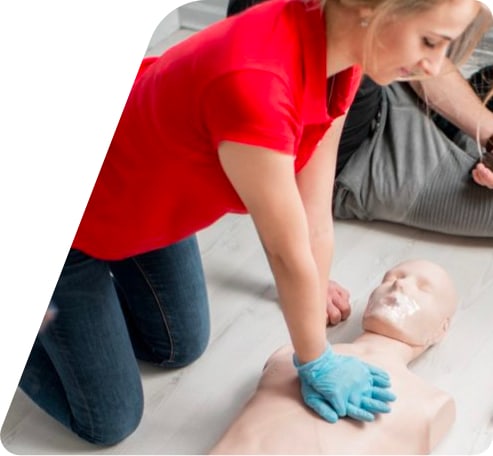
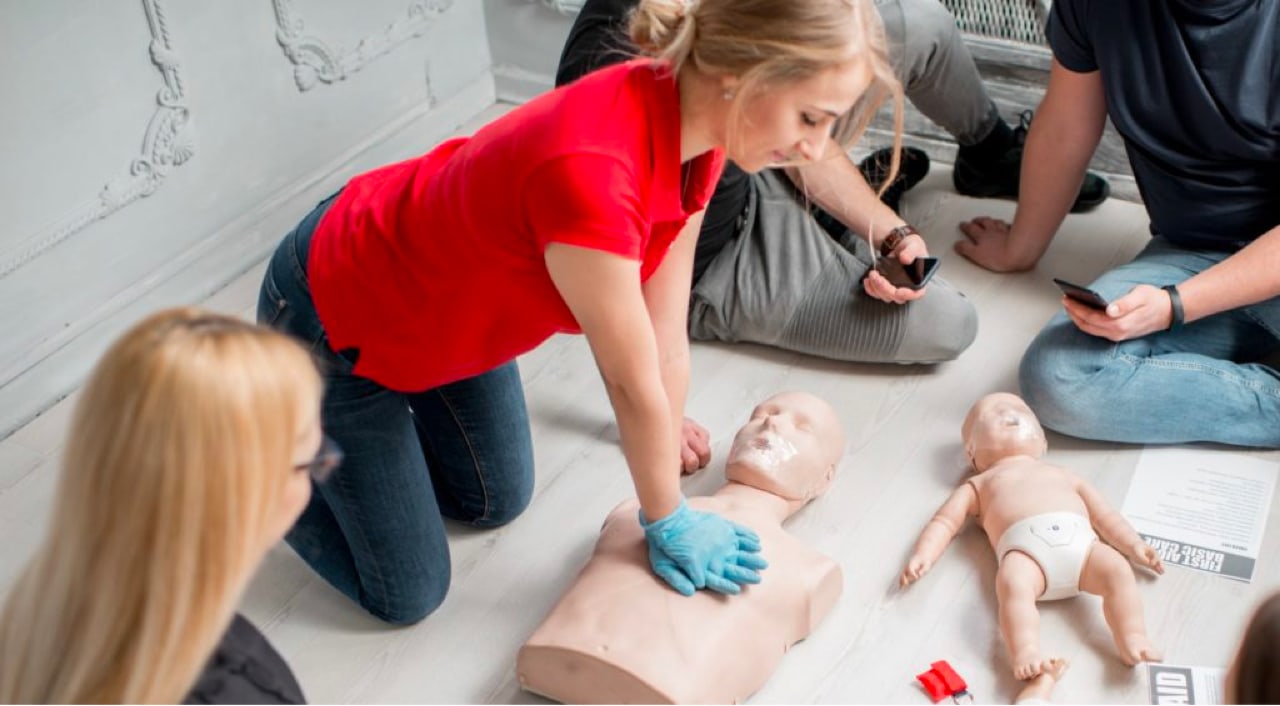
#1 Rated Lifeguard CPR Classes in Shreveport, LA from an American Heart Association Instructor
We are dedicated to providing premier American Heart Association BLS CPR training tailored for Lifeguards, equipping our community in Shreveport with the expertise necessary to preserve lives. Availability is limited, so act fast!
BLS CPR & AED Classes
$59.95
American Heart Association AHA BLS CPR and AED Certification
Dive into our CPR for Lifeguards Classes, designed to equip water safety professionals with crucial life-saving skills. Led by certified AHA instructors, our classes cover CPR techniques, AED usage, and emergency response strategies specific to aquatic environments. Earn certification and ensure the safety of swimmers under your watch.
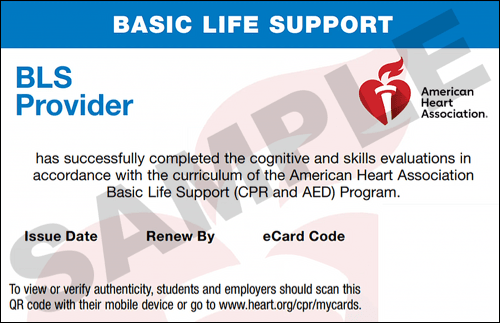
BLS CPR, AED + First Aid Classes
$79.95
American Heart Association AHA BLS CPR and AED Certification & First Aid Certification
Register today and equip yourself with the knowledge to make a life-saving impact in your community!

*Our First Aid Certification is a proprietary online course provided by CPR Certification.
Lifeguard CPR Classes Near Shreveport
Schedule Your Lifeguard CPR Certification Now
Shreveport’s Best Lifeguard CPR Certification
Know CPR. Make a difference. Save a life.
We appreciate your interest in obtaining your CPR Certification as a Lifeguard with us! By choosing to learn CPR, you're empowering yourself with the neccesary knowledge and skillset to make a lifesaving difference in your community. Countless life-threatening accidents and cardiac events happen every year and can happen at any time. Staying current with your CPR Certification prepares you to always be ready to save a life in an unforeseen event.
What Is Lifeguard CPR Certification
Lifeguard CPR certification is a specialized training that teaches you the skills and knowledge to perform CPR on drowning victims. This certification goes beyond standard CPR training and includes other techniques that must be used in water-related emergencies.
As a lifeguard, you’ll be trained to:
- Quickly recognize and respond to signs of drowning and breathing emergencies
- Perform high-quality CPR
- Provide first aid for common water-related injuries
- Maintain a safe aquatic environment
- Work effectively as part of a team
Unlike standard CPR, which you can use in general scenarios, lifeguard CPR includes methods so you can safely remove victims from the water and deal with the challenges posed by a wet and potentially unstable environment. As a lifeguard, you’re often the first responder during an aquatic emergency, so your CPR training focuses on quick assessment, decisive action, and maintaining composure under pressure.
During the training, you’ll also teach you to recognize the signs of drowning, as this can be subtle and easily missed. A drowning person may not be able to wave or call for help, and their struggles often appear deceptively calm. Specialized CPR training will show you how to identify these signs and how to approach and secure a drowning victim without endangering yourself.
It will also teach you how to handle secondary issues such as:
- Hypothermia
- Neck and spinal injuries
- Aspiration of water
Other Lifeguard Responsibilities
The responsibility of ensuring aquatic safety for lifeguards goes beyond knowing how to perform CPR. The certification will also teach you how to use AEDs and provide oxygen.
You must be skilled in giving first aid for injuries that are frequently encountered on pool decks or at the beach, such as potential spinal injuries or jellyfish stings, as well as be adept at coordinating with emergency medical services in order to ensure a seamless handover.
The Training Process for Lifeguard CPR Certification
The initial phase of CPR training is designed to give you the theoretical knowledge required to perform CPR effectively. You’ll get to use a variety of learning materials, including detailed textbooks, instructional videos, and lectures from experienced professionals.
This stage covers the basics of CPR, understanding the chain of survival, and recognizing the signs that someone needs CPR. As part of the curriculum, you’ll also learn about legal considerations, such as the Good Samaritan laws, which protect those who offer aid in an emergency.
After the theoretical part of the training, it’s time for you to learn some practical skills. You’ll participate in simulated rescue scenarios and apply your classroom knowledge in a controlled environment. Real-life situations are mimicked to prepare you for real-world emergencies.
During these practice sessions, instructors provide immediate feedback to ensure you perform the techniques correctly and effectively. They also use mannequins and other training aids to mirror real-life rescue situations as closely as possible.
Key Skills Learned During Training
Chest compressions are a vital part of the training. The technique must be done with the right amount of force and at the correct rate to increase the chances of survival until emergency services can take over. This skill is meticulously practiced to ensure that blood continues to circulate to vital organs during a cardiac emergency.
As a lifeguard, you’ll be trained to operate an AED, a portable device that can send an electric shock to the heart to restore its normal rhythm. Training includes identifying when it's appropriate to use an AED and how to do so effectively, as well as maintaining the device. You’ll also learn the proper techniques on how to manage choking incidents and dislodge obstructions safely in both conscious and unconscious victims.
Final Assessment and Certification
There are two parts to the assessment: a written exam and a practical skills test. In the written exam, you demonstrate your understanding of the theoretical aspects of CPR and emergency response. The test typically includes a mix of multiple-choice and true/false questions covering all aspects of the training.
The practical skills test is where you demonstrate if you’re capable of performing CPR and other rescue techniques accurately. Instructors evaluate the execution of each skill, looking for competency in performing rescue breathing, chest compressions, AED operations, and managing choking incidents.
You will receive your lifeguard CPR certification after you successfully pass both exams. The certificate is a formal recognition of your ability to perform CPR, use an AED, manage choking incidents, and provide rescue breathing. After your training, you’ll be fully ready to provide aid to drowning victims and make sure that our beaches and pools are safe places to visit.
Who Needs Lifeguard CPR Certification
Many states, including Shreveport, require by law that individuals responsible for swimmers' safety be CPR-certified. That includes:
- Pool lifeguards
- Beach lifeguards
- Water park attendants
- Swimming instructors
- Surfing instructors
Questions & Answers About Lifeguard CPR Certification
Here are some common questions and answers for lifeguards looking to get their CPR Certification
What's the validity period for my CPR certification?
Certifications last two years. To remain compliant with OSHA and AHA, you'll need to renew it every two years by retaking a CPR Certification class.How do I update my CPR certification?
Revalidating your CPR Certification is straightforward. Join one of our CPR Certification Classes and by the end, you'll get your renewed certification card that will be good for an additional two years.
How does it mean if a CPR Class is accredited by the AHA?
If a class is AHA accredited, it means that the course has been recognized and approved by the American Heart Association (AHA). The AHA is a reputable organization known for its research and education efforts related to cardiovascular diseases. The course follows the guidelines and curriculum set forth by the AHA, ensuring that the training provided is up-to-date with the latest research and best practices. The instructors teaching AHA-accredited courses have been trained and certified by the AHA to deliver the material, ensuring that students receive consistent, high-quality training.
Does CPR Certification have any prerequisites?
Anyone can take our CPR classes! The whole community benefits from you having your CPR Certification. You don't need any background knowledge to take our CPR classes and the classes are designed for people of all backgrounds, ages, and levels of medical knowledge.
What do I have to do to earn my CPR certification?
To earn your CPR certification, you will need to attend class, participate in the hands-on learning, and then pass a short written exam and skill check with your instructor to ensure you understand the basic CPR Skills. You'll recieve your CPR Certification on the same day and we help you every step of the way to learn, understand, and pass your class.
How long do the CPR classes last?
Class times are approximately 3 hrs.
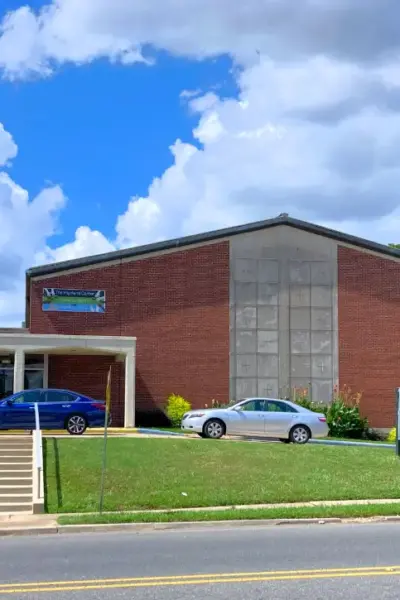
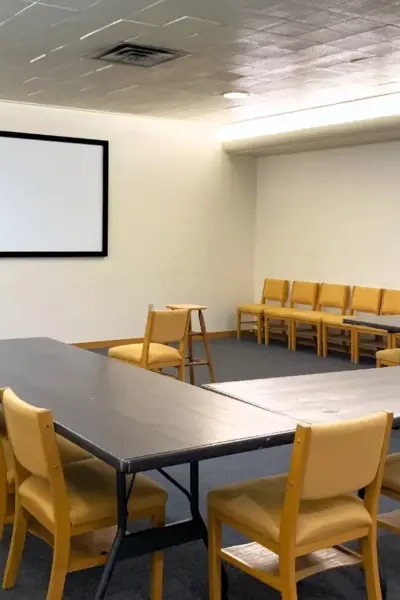
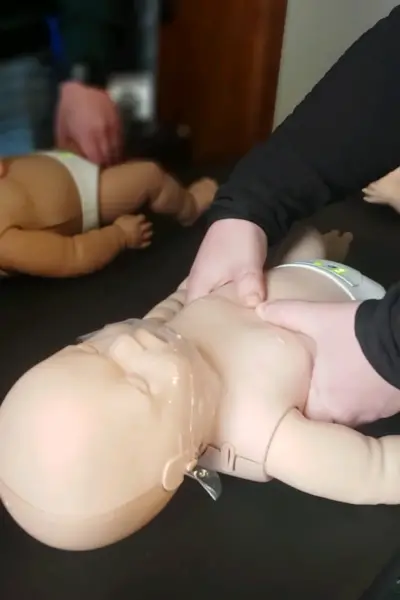

Everything You Need to Know to Get a CPR Certification for Babysitting
To become a certified babysitter, you must complete a CPR certification course that equips you with life-saving skills and prepares you for emergencies. This guide covers everything you need to know about the process, its importance, and how to start your journey. Why CPR Certification Is Crucial for Babysitters CPR certification is more than just…
Read More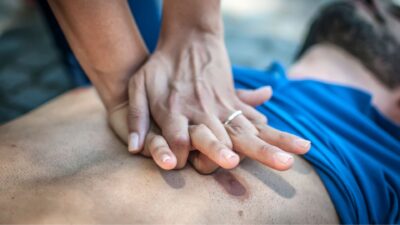
The Role of CPR in Workplace Safety: Training for Employees
Cardiopulmonary resuscitation (CPR) is a vital skill for ensuring workplace safety because it allows employees to respond to cardiac emergencies effectively. Implementing CPR training programs not only saves lives but also fosters a culture of safety and preparedness in your organization. Understanding CPR and Its Importance in the Workplace CPR, or cardiopulmonary resuscitation, is a…
Read More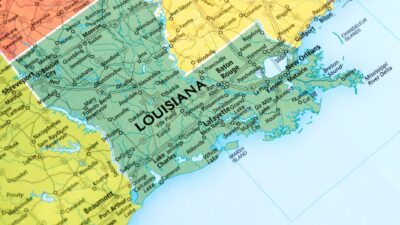
What Are The State CPR Guidelines In Louisiana?
TL;DR: Sudden cardiac arrest is a leading cause of death in the U.S., claiming around 436,000 lives annually. In Louisiana, CPR training is mandatory for certain professions, including healthcare workers, 911 operators, EMTs, school coaches, child care providers, and personal fitness coaches. Knowing CPR can significantly improve survival rates in emergencies and is beneficial for…
Read More